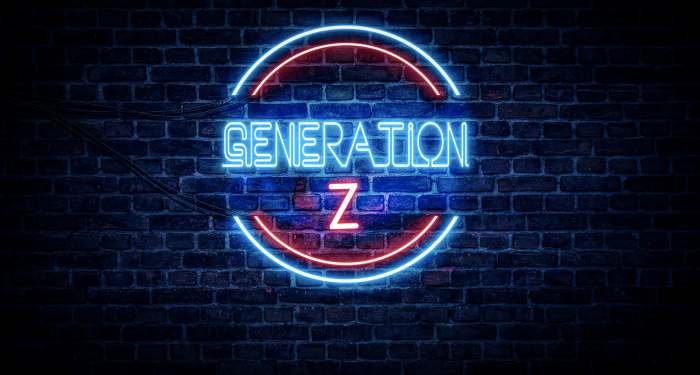Young professionals early in their careers are facing burnout by the age of 24 due to a perfect storm of factors affecting their well-being, according to Cigna.
According to new research by global health service company Cigna, the pandemic and the cost of living crisis as well as other current global factors, have left employees feeling exhausted, overwhelmed and re-evaluating their life priorities.
The report titled Exhausted by Work: The Employer Opportunity notes that ‘The stress of the past three years continues to impact people’s health and well-being, with high levels of employee stress and work burnout, especially among younger workers.’
According to studies conducted among nearly 12,000 persons, the 18–24 age group, sometimes known as Generation Z, is the most severely affected, with 97 per cent of them reporting burnout and 86 per cent stress. 71 per cent of respondents say they are feeling more stressed than usual. Due to remote working, roughly 44 per cent of workers think their jobs feel more transactional now, and 36 per cent of junior employees report feeling anxious about the growing cost of living.
Cigna says businesses must take immediate action in order to keep their young employees, invest in their professional growth, and significantly contribute to both their workplace and overall quality of life.
The results show that two-thirds of Generation Z said they have spent more time considering changing their lifestyle and lifestyle priorities. Meanwhile, 50 per cent of people aged 25 to 34 claim they would accept a job with lower pay if it allowed them to work fewer hours.
Arjan Toor, CEO, Cigna Europe, said: “Exhaustion from work isn’t new. In previous economic cycles, we have tended to see workers trend back to employer/employee norms and increase time at work as they try to ride out the storm. However, the pandemic appears to have caused a deep shift in these accepted norms.
“Employee stress levels, which dropped slightly in 2021, are now on the increase, and it’s the younger generation who are feeling the greatest impact. Across Europe, 77 per cent of employees said they were stressed, but this rises to 86 per cent for Gen Z, aged 18-24, and 81 per cent for 25-34-year-old Millennials. We also see unmanageable stress now impacting a quarter (25 per cent) of 18-24-year-olds, along with a huge 97 per cent, experiencing work burnout symptoms with worrying symptoms that include headaches, loss of appetite and difficulty sleeping.
“People in the UK are also struggling to maintain their current standard of living, with the economic outlook affecting many. There is a clear link between stress and financial security.”
Toor adds: “There’s a gap in expectation between what employees want and what they’re currently getting. In the current climate where talent is either jumping ship if work conditions aren’t right or they’re Quiet Quitting – doing the bare minimum at work because they feel undervalued for effort put in – employers need to step up to retain and attract that talent.
“For example, currently only just over a third (36 per cent) said they are offered flexible working hours and location despite it being the top, non-financial criteria for job hunters. There’s also a need to examine the role of the office and ensure time spent there supports productive engagement, rather than the cubicle-led or headphones-on environment of the past.
“More than half of people said the type of medical plan offered would be a decisive factor when choosing one employer over another and 47 per cent want services that help them lead a healthier lifestyle. Therefore, employers need to look beyond their traditional responsibilities and build a culture that supports whole health, from mental and physical well-being to advice and support for broader aspects of their lives, such as access to financial advice or coaching.”





